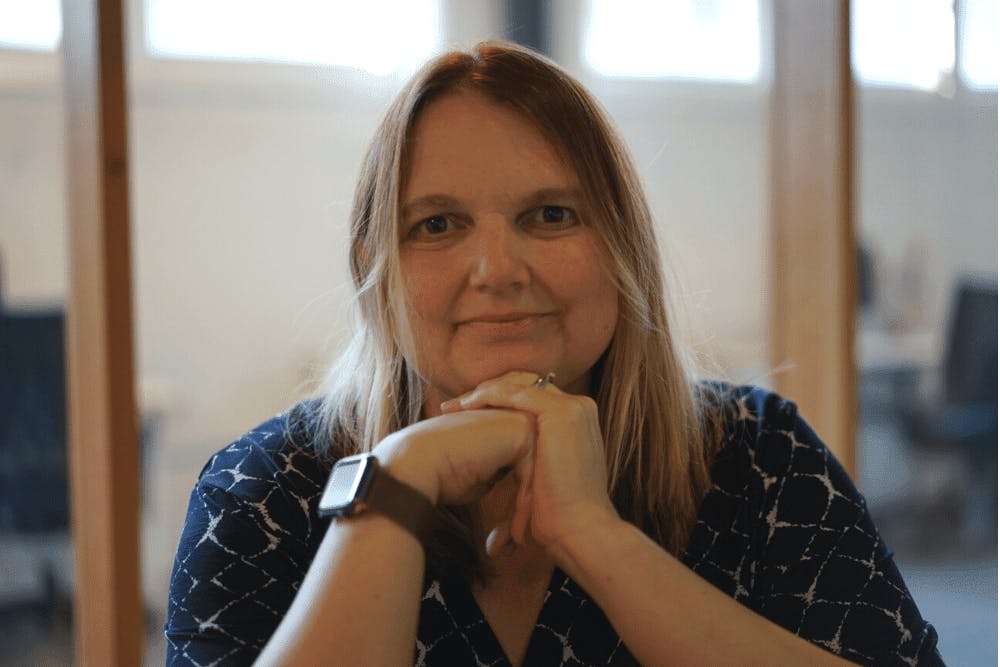
In his latest Missive, Bashar Wali begins with an allegory. He’s charged up about the planet and the role we, as hospitality professionals, play in keeping it…well, hospitable.

I have a secret insider track on something. It’s a hotel that you have never heard of.
A hotel that is bigger than you could imagine. The biggest hotel in the universe, in fact, with enough keys to house billions of people (7.89 to be exact, and counting). The housekeeping department is massive. The front desk team is simply enormous. The cuisine spans through every region: tajine from Africa, cheesesteak from Philly, crepes from Paris, poutine from Montreal. You name it, this hotel has it all. World class water adventures. Swimming with sharks? Sure. How about diving through waterfalls? No problem. Year-round skiing. River rafting. Canal cruising. Spear fishing. Spelunking. High thread counts and strong cappuccinos. Impeccable service. Well, most of the time.
The ultra-chic hotel? Funny enough, it’s more accessible than you think. It’s the planet we live on, and I have more news for you: we are the operators, investors, owners, staff, and tenants.
How’s that for a business plan?
I have been thinking a lot lately as we move through this endless pandemic hangover. There are many layers to recovery from something so jarring, I wonder if we’ve even scratched the surface. The wide-reaching effects that the last years have had on our society, and our industry, are like endless layers being peeled back from a Vidalia onion. Each layer’s impact revealing itself as time passes. We’re still learning from what happened. Still grieving, perhaps, too.
So, what do we do next? How do we make meaningful change with the ultimate investment? How do we keep our planet hospitable?
We’ve tried. Many concepts have done the obvious. A few from the past come to mind:
Grasping at straws, literally. Cost out metal ones. Did you know they make straws out of avocado? Corn? Chocolate? Well, anything but plastic will do—even at triple the cost. Buy them. And buy a lot of them.
Make your procurement department crazy sourcing all-bamboo to-go containers and flatware. Spend your entire capital on making those hotel-wide changes. Surprise, they don’t stack. Sure, they’re triple the cost. The Chef’s sauce soaks right through that planet-safe container, but it’s okay. Better for the planet, better for our hotel. Buy them. And buy a lot of them.
Spend more capital on the water stations around the property, get rid of plastic water bottles once and for all. Oh, the irony. Gather the design team to come up with a branded reusable water bottle. $40 at the front desk, free for elite guests. Buy them. And buy a lot of them.
The list goes on.
Enter a global pandemic and a core-shake to hospitality. Most of these initiatives went right out the proverbial solar-powered window when we started wiping down our groceries. We brought back the plastic water bottles and shut down our fountains. No one wanted loose coffee grounds that could have been from a previous guest. Plastic K Cups came back. Disposable masks for everyone, and everywhere, all the time (until earlier this week, what a move). Plastic sanitizer in every form, in every crevice, in every corner. Single use toiletries, wrapped in plastic, because what if the guest before you used the shampoo? And everything in the restaurant, to-go, assuming it remained open. The clamshells came back, soggy fries became acceptable once more. Eco-friendly? Too costly.
So, now, in honor of Earth Day, I’ll ask again. How do we keep our planet (and our hotels) hospitable?
I look at Virgin hotels, as I often do, for inspiration. They do the usual song and dance: reuse and recycle, promote walking tourism, bike rentals, and there are no straws in sight. But as a guest of the hotel, their carbon offset program piqued my interest. They’re calling it “guest sponsored” since, for a $0.75 fee per night, your pocket change goes towards The Carbon Accounting Company. You as the guest are assured that an equal quality of carbon will be removed from the atmosphere or reverted from happening elsewhere in the world. The hotel via the guest is effectively putting funds towards offsetting each guest’s carbon footprint.
I hit snooze and sunk into my pillow. Is Richard Branson, underneath the wacky trips to space and his jealous-inducing (for me at least) flowing mane of silver hair, some kind of saving the planet genius, I wondered.
75 cents? That’s a no-brainer. It would take upwards of five nights for that to equate to what we spend on our daily coffee—and if you’re staying at a Virgin property, you’ll barely notice it on your hotel bill. Is this the wave of the future of protecting our biggest investment, the planet?
It’s a great place to start. I checked out with some newfound resolve: let’s continue to push our mental envelopes beyond not leaving wet towels on the floor and turning the lights off.
Flying from LAX back to PDX, I caught a glimpse of Oregon’s rugged coastline. I tried my damnedest to spot Gearhart. I have a property opening there, Drifthaven at Gearhart, blocks away from unspoiled beach. The work to open Drifthaven in the midst of Earth Month felt serendipitous.
Gearhart might as well be raw nature in a box. Grassy fields, dunes, no traffic lights, wide streets for riding bicycles. I think I did my job here. At least I hope this falls under conscious capitalism. Since I’m one of the staff members for our planetary property, I want this to stand out. I want my name on the Employee of the Month cork board for doing well by doing good. This is how it plays out, in Practice.





